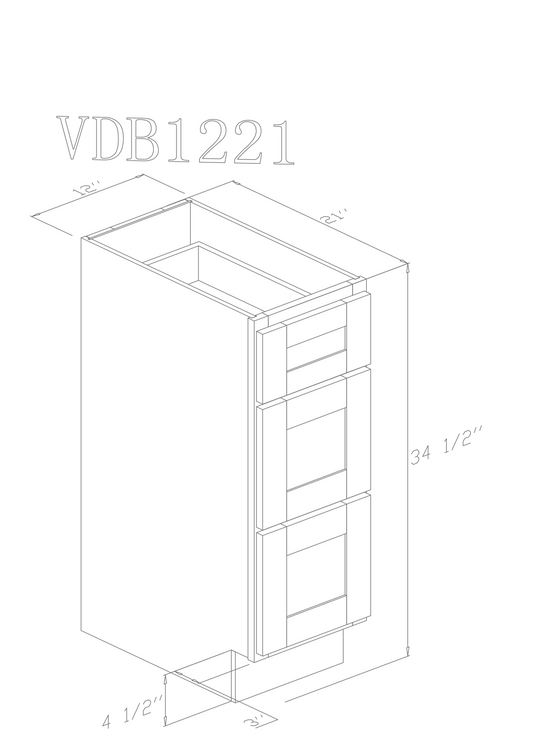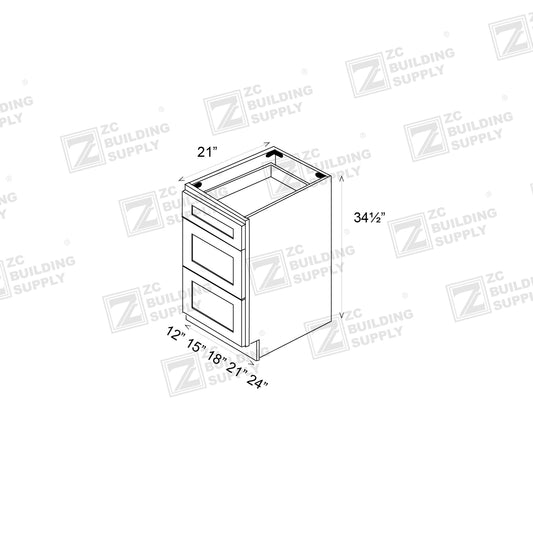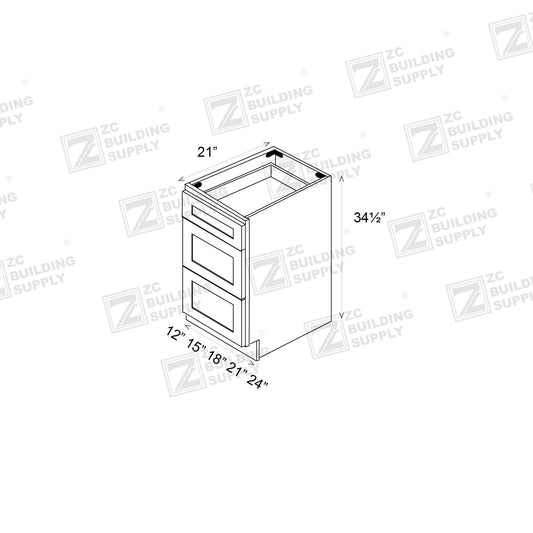Which is Better: Granite and Quartz Counters?
18 Feb 2021
PROS & CONS OF GRANITE COUNTERTOP
PROS:
1. HEAT RESISTANCE
In comparison to other styles of countertops, granites are the most heat resistant. Due to their hardness, they can withstand a moderate amount of heat without signs of damage.
2. HARD TO SCRATCH
Granites are not very susceptible to scratching, can handle sharp objects like knives and utensils. Though it is not recommended for you to cut your food on the stone itself, since it will dull your knives.
3. VISUALLY APPEALING
Granites are organic stones of the Earth that are quarried from the ground and cut into slabs for your use. That's why they are very visually appealing featuring individual lines and patterns
CONS:
4. COLOR DIFFERENCES WHEN CREATING SEAMS
Because granites are natural stones, even among the same measurements and style granite countertops when put together will have revealing differences in color.
5. POROUS
Most granites will likely need to be sealed every year. Unsealed granites are prone to liquids like wine or juice discoloring their natural color.
QUARTZ COUNTERTOP PROS & CONS
PROS:
1. DURABLE
It's an issue for homeowners when their quartz counters experience cracks and scratches. But quartz pieces are really durable against most issues that can cause cracking.
2. NON-STAINING
It can be troublesome to worry about sealing every year like for most granite slabs. For quartz stones, you don't have to worry anymore as they are non-porous.
3. LOW MAINTENANCE
It can be bothersome at times making sure that no bacteria are getting into the pores or needing to quickly dry away any liquid that will create a stain. With its non-porous nature and durability you won't need to worry anymore about cleaning away every stain.
CONS:
4. NOT NATURAL STONES
If you're looking for a stone that has great texture and variety with its veins you're better off with granite. Though many stores are beginning to offer quartz with a greater variety to match your design in mind.
5. NOT HEAT RESISTANT
Due to the fact that quartz is not really heat-resistant it can be troublesome when you set a hot pot on these counters. Though it is said that quartz stones can withstand as much as 300 degrees. Though there might be cracks from putting a hot thing on a cold countertop
Do Quartz Countertops Scratch Easily?
Quartz countertops are virtually scratch resistant. Though knives won’t easily make a scratch on these slabs if applied with enough pressure it will still leave a mark.
If you want to prevent any scratches to the slab make sure to not cut directly on it. So use a cutting board for cutting any materials with your knives.
In case of deep cracks to the quartz you can easily fix it up. You can fill it up with a formulated epoxy glue or resin. Allowing it to set there for 24 hours or what is recommended on the product.
For light scratches you can fix the scratch by having a professional buff and polish the stone. Buffing works by removing a small layer of the quartz in order to work out the scratch. Then applying a polishing compound on the area being repaired.
Besides the pressure from cutting on top of the slab can cause damages there are also other things as well. Which includes chipping, this can happen frequently to the corners and edges around the sink.
Another problem that can cause scratches that you want to avoid is dragging heavy items across the quartz countertop. This is especially true if you’re dragging heavy ceramic pots which has a possibility of causing scratches.
Do Quartz Countertops Need to Be Sealed?
Quartz countertops are mostly non-porous, but it is still advised to have them sealed. Since depending on the suppliers some quartz slabs can still be affected by wine spills, etc because they are not absolutely non-porous.
Sealant for stones works because they are made from dissolving resin into water. This will then soak into the pores, creating a protective film that keeps away staining.
Resin glue is also what is used in many industries like for planes, cars, or construction. It is a frequently used material because it provides excellent bonding adhesive. This is why it is a good water-repellent for stones.
With quartz countertops, they are already made by combining around 95% ground quartz with ~5% resin. Because of the resin that combines the slab together, quartz countertops are already like a sealed slab.
Even if quartz countertops do not stain as easily they can be damaged by acids. This includes frequently cleaning with soap since many soaps for the kitchen can be too strong for cleaning counters.
Quartz countertops are heat resistant, but they are not stain resistant. So food stains or other chemicals can still have a chance of staining the quartz.
If there are any stains to the quartz countertop it is highly probable that it is due to a chemical reaction with paints, chemical cleaners, or drinks. Since some things are either acidic or abrasive for the quartz.
Quartz Countertop Maintenance
1. Clean with mild soap and hot water:
It will do more harm than good for the quartz countertop by using expensive detergents. Make sure the ingredients are non-bleach and also not abrasive. Otherwise it will dull the finishing of your countertop.
2. Wipe away spilled liquids as soon as possible:
Like granite and any other countertop, quartz countertops are stain resistant but cannot permanently prevent staining. So make sure to immediately wipe away any liquids like coffee or wine immediately.
3. Don't put hot pans or pots on top of the countertop:
At extreme temperatures there's a chance that the heat will create discoloration and cracks. Also the stains under the pot will create staining on the slab. That's why it is a good idea to have heat pads handy for putting the hot pans and pots.
4. Use a cutting board:
Even though quartz countertops are scratch resistant, sharp knives can still scratch the surface. Another reason to use cutting boards is to protect from dulling your knife. Also small openings on the countertop will hold onto the bacteria that comes from stains left from the meat before.
5. Clean Your quartz countertop frequently:
The best way to always keep away junks from sticking on the quartz countertop is to clean it frequently. Wiping it regularly will prevent grease and gums that stick on the countertop.
Benefits of Sealing Granite Countertop

Protect against discoloration
Without sealers, liquids have a chance of getting into the pores discoloring the slab. Sealers can help create a protective film that will protect the granite from liquids and spills that might seep into the stone.
Reduce Etching
Without sealing the granite will have more dull spots due to etching. Etching means dulling of the granite countertop's texture and surface from acids like vinegar and fruit juice.
More Hygienic Surface
Granites naturally tend to be quite porous, so it tends to harbor bacterias in the crevices. But with the use of a sealer, you can prevent the bacterias from hiding in the cracks.
Clean Faster & Preserve its Natural Beauty
A lot of times when there is staining or grease on the counter we need to use harsh chemicals to remove the staining. This really takes off the shine of the stone, but with sealers, you can keep the stone's beauty for decades.
Protect from staining
Grease and juice can be a big problem for granite because they frequently stain the surface. A sealed countertop will prevent oil, wine, and fruit juice, it will become beads on top instead of seeping inside.
Browse products
Tags:



















